Internet Possibilities, Gene Wolfe, and The Fifth Head of Cerberus
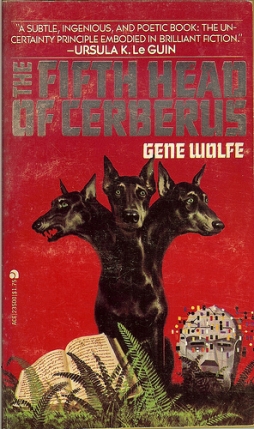 Reading The Fifth Head of Cerberus, I was struck by the way the book seemed eminently suited to the internet age. Never mind that it was written in the early 1970s. Like many of Gene Wolfe’s fictions, it’s a text whose nature is in harmony with the way the internet allows a text to be scrutinised; its depths, its meanings, its allusions — or at least some of them — can produce multiple readings, any of which can be valid, but which deepen the work as a whole the more of them you can think of and hold in your head at once. And can any one reader imagine as many different readings as a community of readers will produce?
Reading The Fifth Head of Cerberus, I was struck by the way the book seemed eminently suited to the internet age. Never mind that it was written in the early 1970s. Like many of Gene Wolfe’s fictions, it’s a text whose nature is in harmony with the way the internet allows a text to be scrutinised; its depths, its meanings, its allusions — or at least some of them — can produce multiple readings, any of which can be valid, but which deepen the work as a whole the more of them you can think of and hold in your head at once. And can any one reader imagine as many different readings as a community of readers will produce?
The internet’s helped change the way an audience interacts with a story. Fan communities discuss and break down details on blogs and message boards; it’s most obvious with TV shows and serialised comics, where analysing past stories may help predict future plot developments, but it’s there also for stand-alone narratives like movies and novels. To an extent it was always there, whether in the form of literary criticism or of things like fanzines and APAs, but the internet’s made that degree of interaction and communal scrutiny far more common.
On one level it’s obvious why Wolfe’s writing thrives under this sort of analysis. A typical Wolfe story will seem simple on the surface, with a few odd gaps or apparent contradictions in the narrative; but, when investigated, those gaps or contradictions will seem to suggest a different way of reading the story, suggest that what’s actually happening is something larger and perhaps more disturbing than what appears to be going on, suggest perhaps that the story that’s actually being told is completely other than it appears at first glance to be. A lively critical community — and Wolfe has an active mailing list and a wiki dedicated to his work — can help unpack these subtleties, and clarify some of the possibilities confronting the reader. The Fifth Head of Cerberus, though, is an example of how a community of readers can be even more useful.
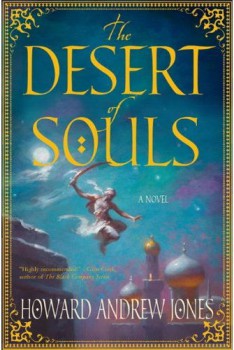
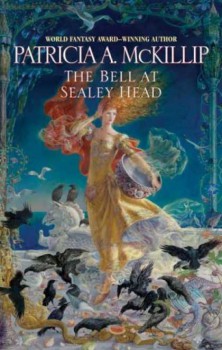 The Bell at Sealey Head
The Bell at Sealey Head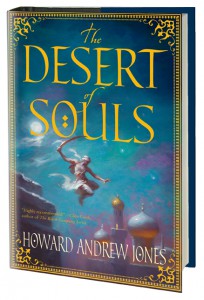
 “Noam Chomsky and the Time Box,” Douglas Lain’s lead story in the January-February
“Noam Chomsky and the Time Box,” Douglas Lain’s lead story in the January-February 


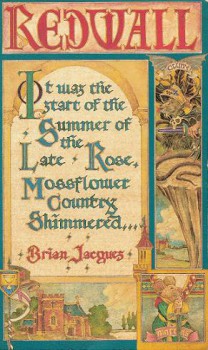
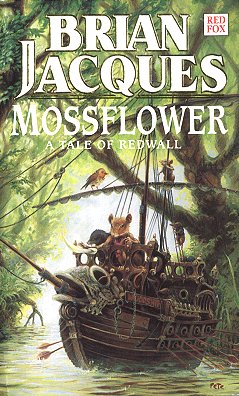
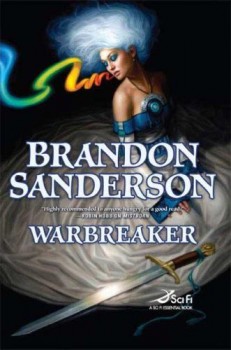 Warbreaker
Warbreaker